
OR
Nepal starts exporting 300 MW of electricity daily to India, thanks to onset of monsoon
Published On: June 15, 2023 09:55 PM NPT By: Republica | @RepublicaNepal
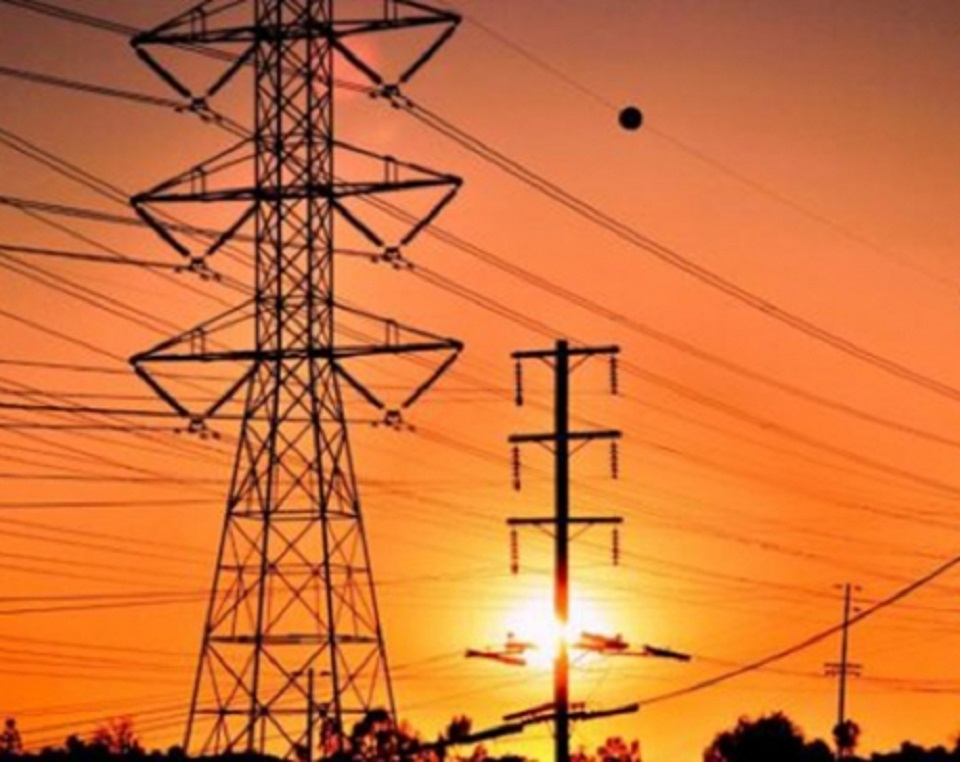
KATHMANDU, June 15: Nepal has started exporting its produced electricity to India, with an increased production of hydroelectricity following a rise in water level in the rivers.
According to the Nepal Electricity Authority (NEA), it has been exporting more than 300 MW of electricity daily since the past five days. Suresh Bahadur Bhattarai, spokesperson for the NEA, said the authority has been selling electricity at the rate of Rs 8.38 (IC 5.24) per unit.
Bhattarai said the increased rainfall in the past few days has enabled the NEA to export electricity to India. According to him, electricity export is most likely to last till mid-November.
Recently, the consumption of electricity has also increased inside the country. The NEA records show that the peak load has been registered at up to 1,900 MW on a daily basis, which is attributed mainly to an increased use of electrical appliances with the surge in air temperature. To manage the increasing demand, the NEA however has been importing 1,000 MWh of electricity daily from India, according to Bhattarai.
Nepal’s installed capacity of electricity production has reached 2,700 MW. During the rainy season, Nepal achieves full-fledged production. Given the gap between the actual production and domestic demand, the country should export its production to exhaust the excess supply of electricity.
As of now, India has allowed Nepal to sell only 452 MW of electricity in the Indian market. Due to the constraint imposed by the close neighbor, the landlocked country faced loss of an average of 500 MW of electricity during peak season last year.
Although Nepal has been requesting India to purchase up to 1,200 MW of its produce, India has not raised a green flag until now.
The state-owned power utility started selling the surplus monsoon electricity through competition in the day-ahead market of the Indian Energy Exchange Limited (IEX) from June 2, 2022. Last year, the country earned revenue of Rs 11 billion by exporting electricity to India.
You May Like This
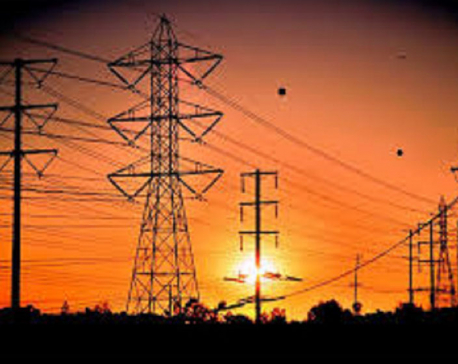
Nepal exports electricity worth Rs 4.2 billion in a month
KATHMANDU, Oct 19: Nepal's electricity exports have seen a substantial surge, with the total value of exports reaching Rs 4.2... Read More...
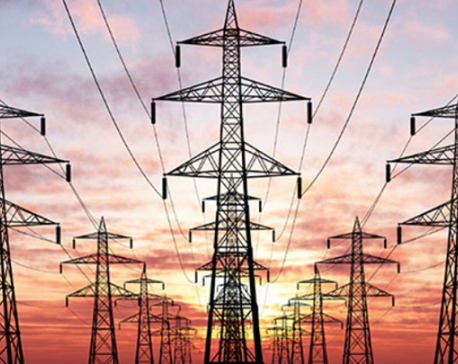
Nepal exported electricity worth nearly Rs 2 billion to India in first month of FY 2022/23; plan to export an additional 111 MW
KATHMANDU, August 21: Electricity worth nearly Rs 2 billion has been exported to India in the first month of the... Read More...
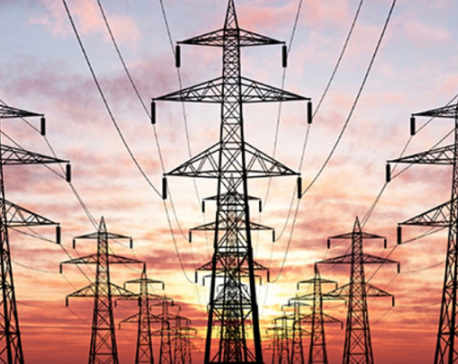
Electricity export increased, import decreased in first six months of FY 2021/22
KATHMANDU, Feb 21: The export of electricity has increased while its import has decreased in the first six months of... Read More...




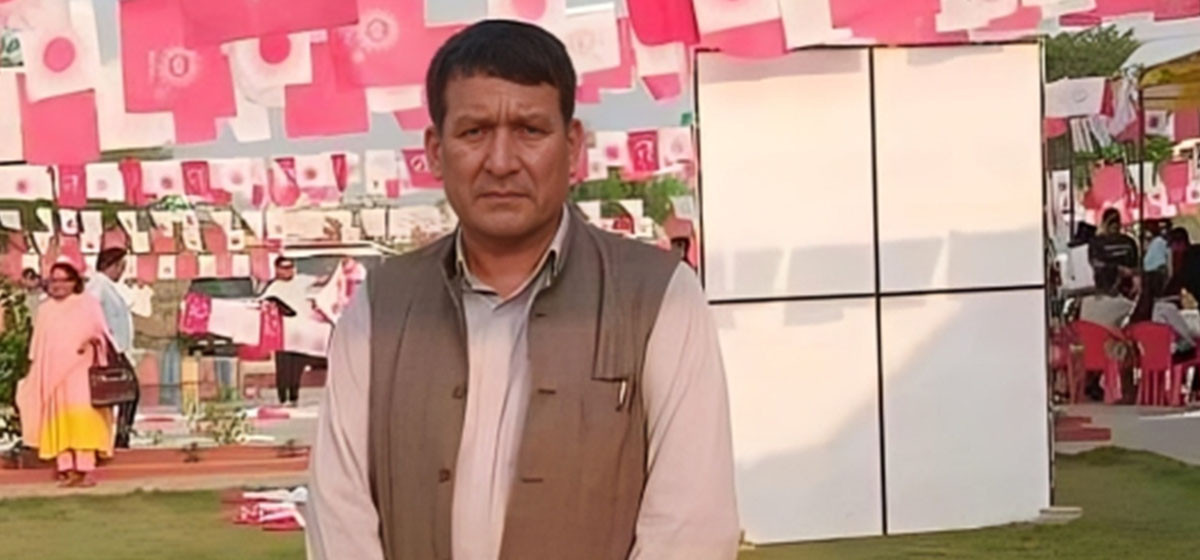
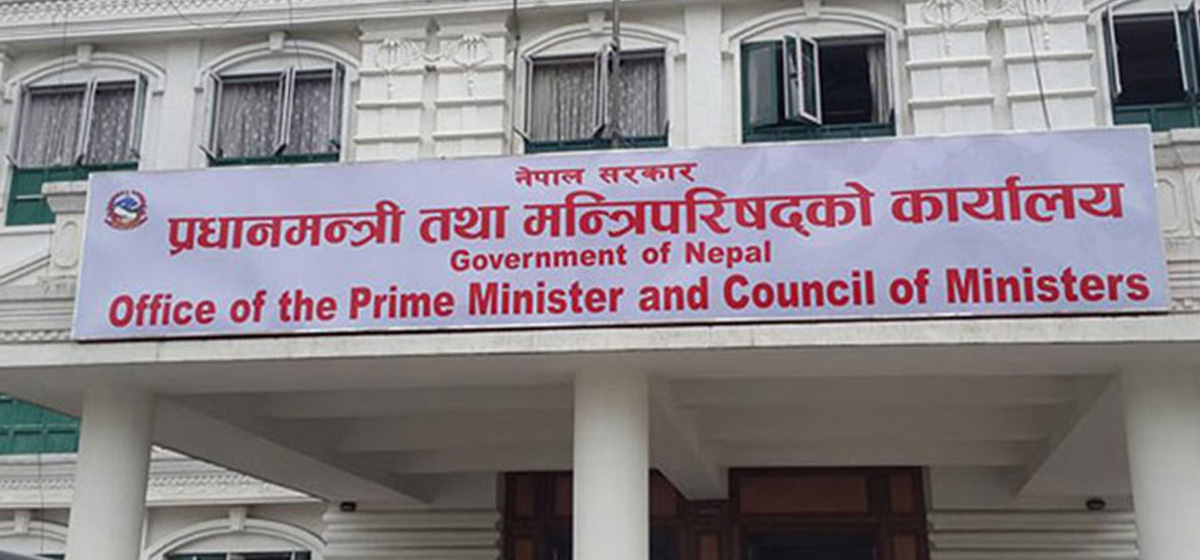

Just In
- Ilam-2 by-election: UML’s Nembang leads by 4,523 votes
- UML’s Bhandari secures victory in Bajhang-1 by-election
- CIB probe into fake DL distribution case: PMO pressures public prosecutor to free arrested govt employees
- Police report one death in Bhojpur jeep accident
- Nepal faces Bangladesh Red in int'l U-19 Volleyball Championship final
- Nepal Investment Summit: Two organizations sign MoU for PPP cooperation
- Sita Air flight to Ramechhap returns to Kathmandu due to hydraulics issue
- Man found dead in Dhanusha



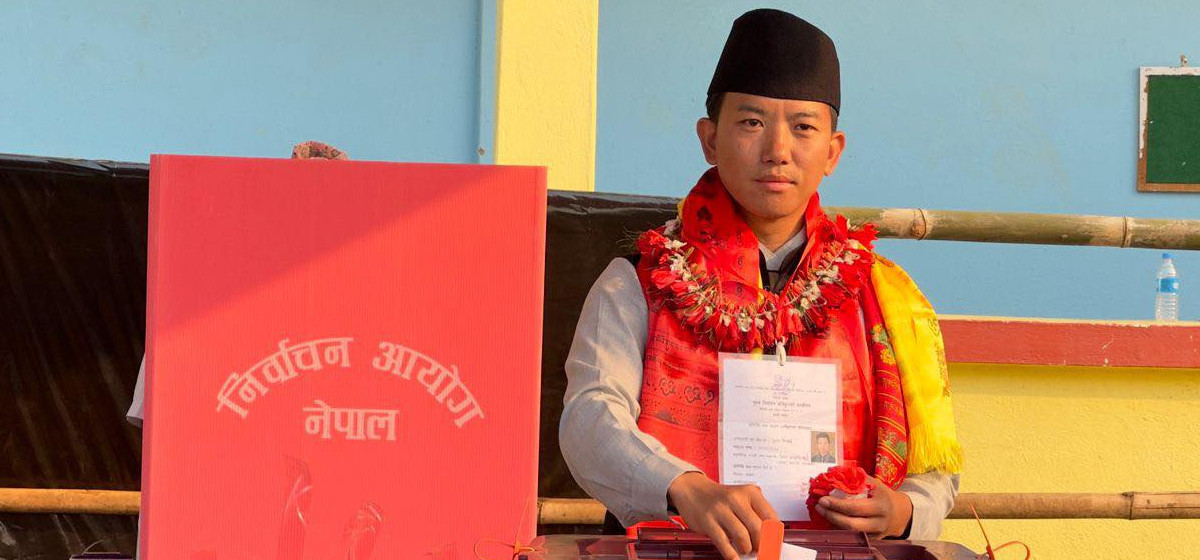

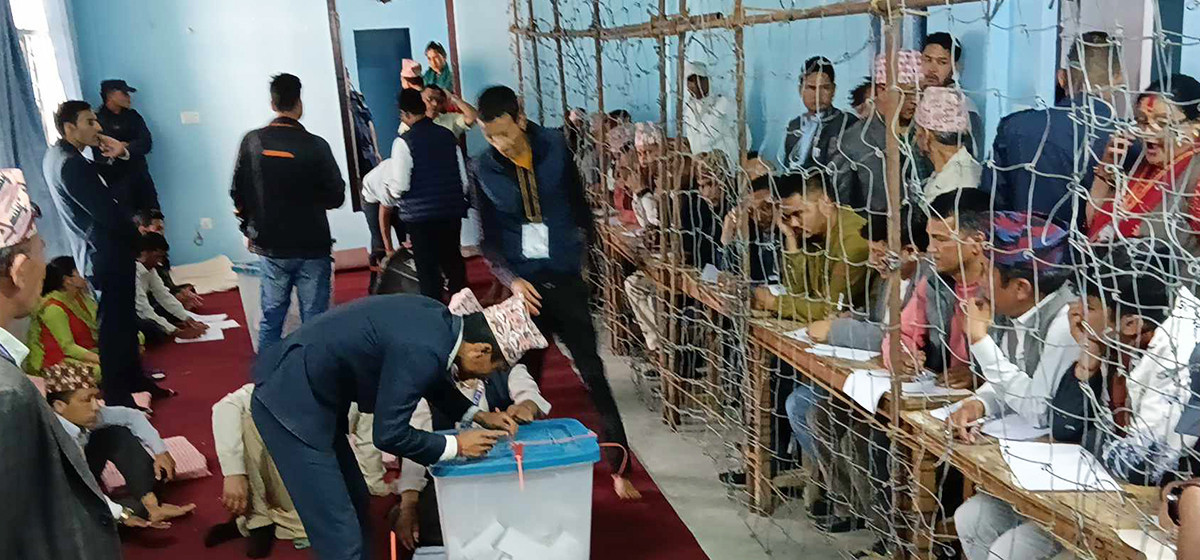




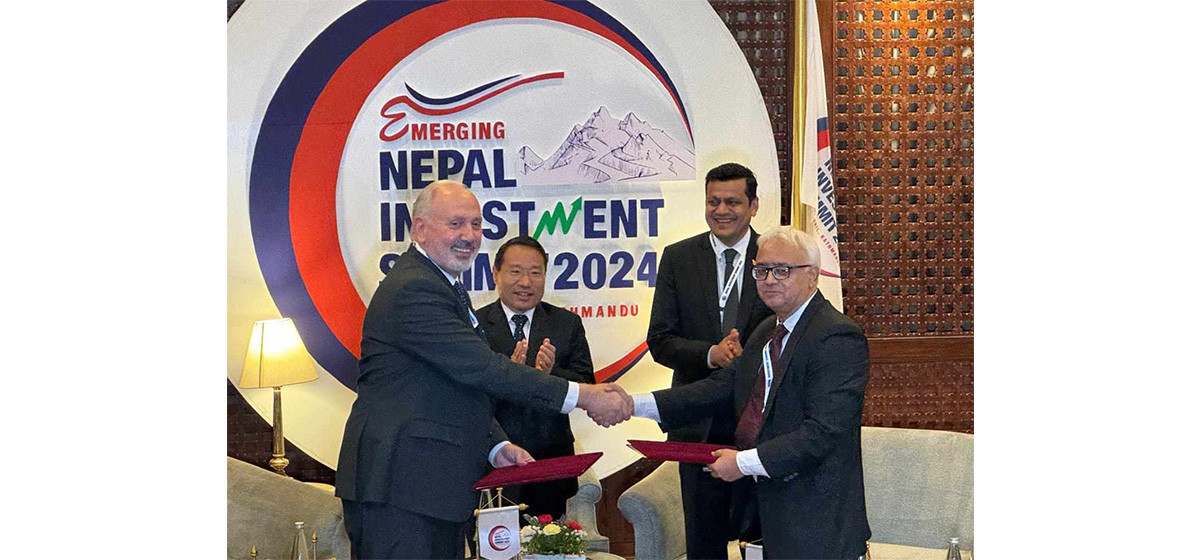
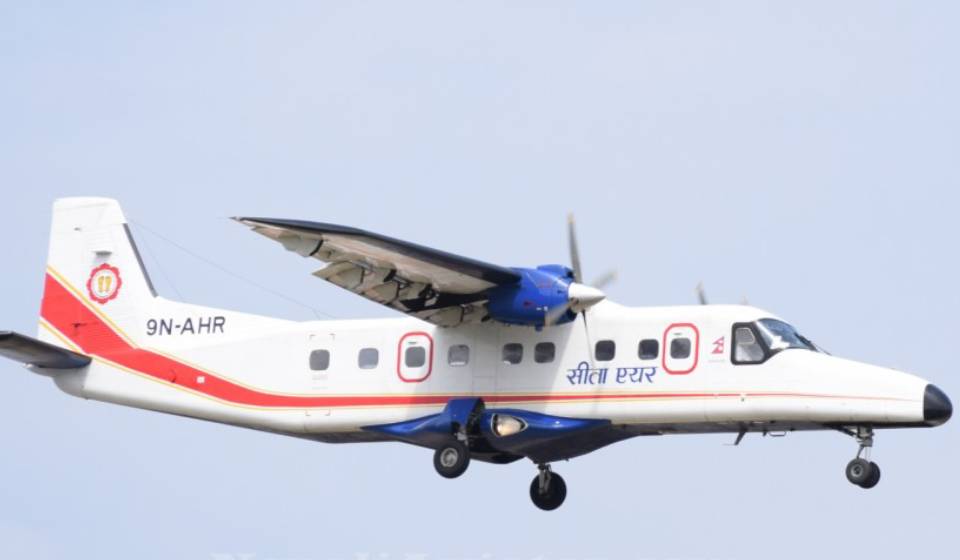
Leave A Comment